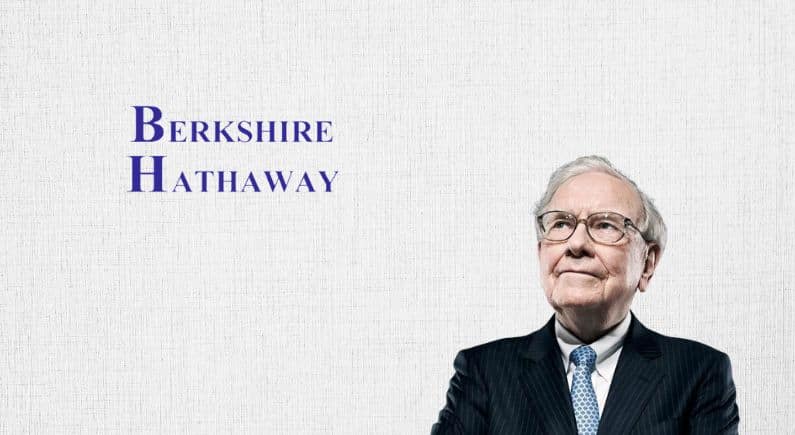WhatsApp considering revenue boosting advertising

WhatsApp, the world’s most popular messaging service, is exploring the possibility of introducing ads within its app. This move, however, has stirred internal debates at parent company Meta, as it seeks to monetize this widely-used platform.
Teams at Meta have been in discussions about the potential inclusion of advertisements in the WhatsApp chat screen, specifically within lists of conversations with contacts. While these talks are ongoing, no concrete decisions have been reached as of yet. Some insiders have expressed concerns that this change could alienate WhatsApp users, causing a division within the company.
Subscription fee is a matter of debate
In addition to considering ads, Meta is also weighing the option of introducing a subscription fee to offer an ad-free WhatsApp experience. However, this idea has faced resistance from many within the company. Interestingly, before Facebook acquired WhatsApp for US $19 billion in 2014, its co-founder, Brian Acton, had firmly embraced the slogan “No ads! No games! No gimmicks!” This was the app’s initial commitment to providing a seamless communication experience.
Meta’s quest for ad revenue
Meta, previously known as Facebook, is determined to increase its advertising revenue, particularly as it faces challenges related to macroeconomic uncertainties and scepticism surrounding its substantial investments in virtual reality and the “metaverse.” After implementing significant staff reductions as part of its “year of efficiency,” Meta reported its first double-digit revenue growth since 2021, with advertising contributing a substantial US $31.5 billion in the second quarter.
Advertising on WhatsApp is both an opportunity and a risk
The potential of advertising on WhatsApp as an “appealing prospect” for marketers. However, there are concerns that it may be perceived as “intrusive” by users. WhatsApp has recently experimented with allowing businesses to send direct marketing messages to users who have consented to receiving them.
If introduced, the new ad feature would display ads alongside users’ chats with friends and family, similar to how ads appear in Facebook Messenger and Gmail. Some executives worry that this model could negatively impact the WhatsApp user experience and lead users to explore alternative, ad-free options.
WhatsApp’s widespread popularity
With a staggering 2.23 billion monthly active users, WhatsApp outshines both Instagram and Facebook Messenger in terms of user base. As Meta explores the introduction of ads, it must strike a delicate balance between revenue generation and preserving the seamless communication experience that has made WhatsApp a global favourite.
In summary, WhatsApp’s potential into advertising reflects Meta’s ongoing efforts to capitalize on one of its few ad-free platforms. However, the decision remains contentious within the company, as it navigates the delicate task of balancing revenue generation with user satisfaction.
Related topics:
Next stop is Curacao, held in Association with the Ministry of Finance






